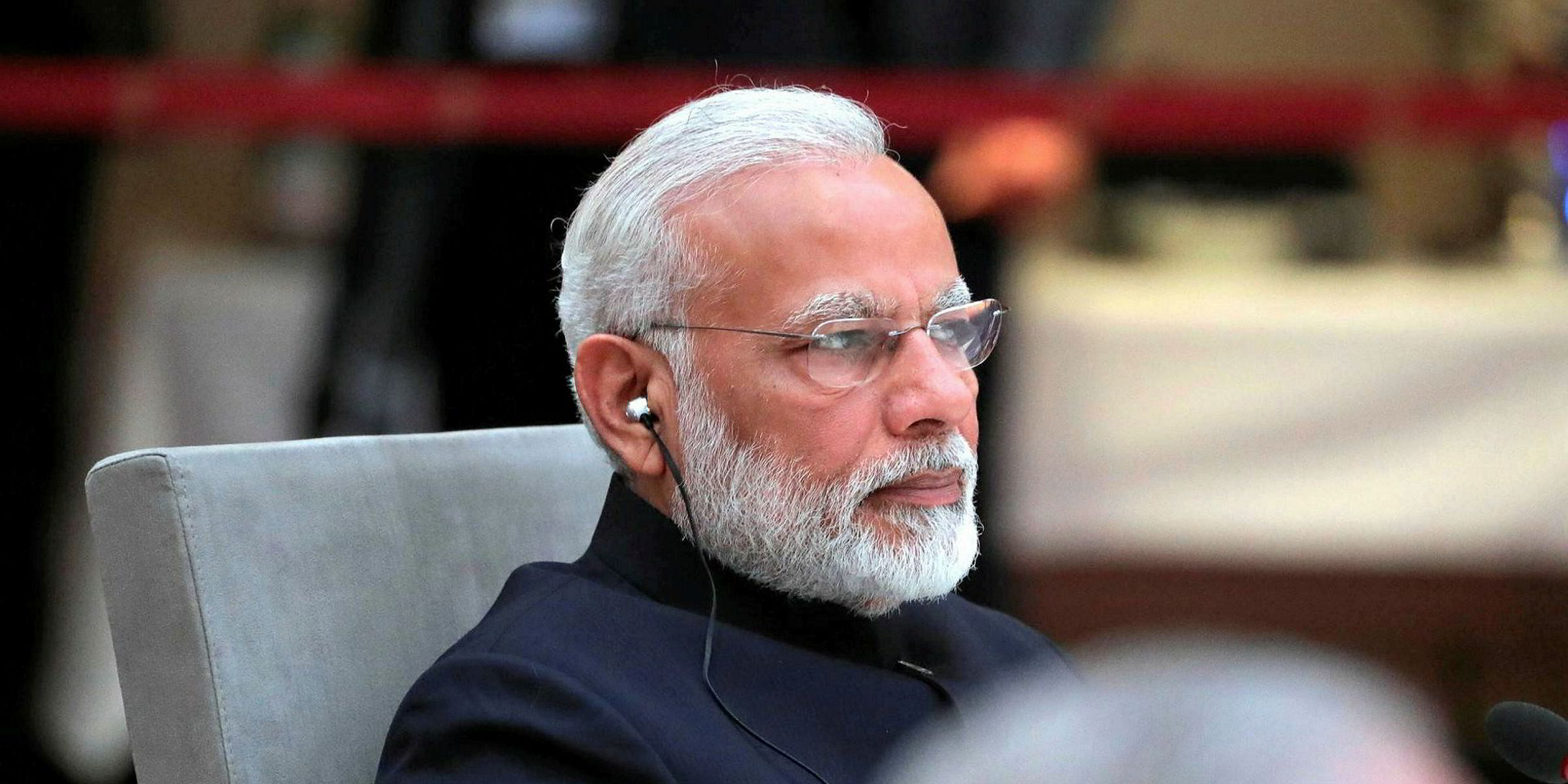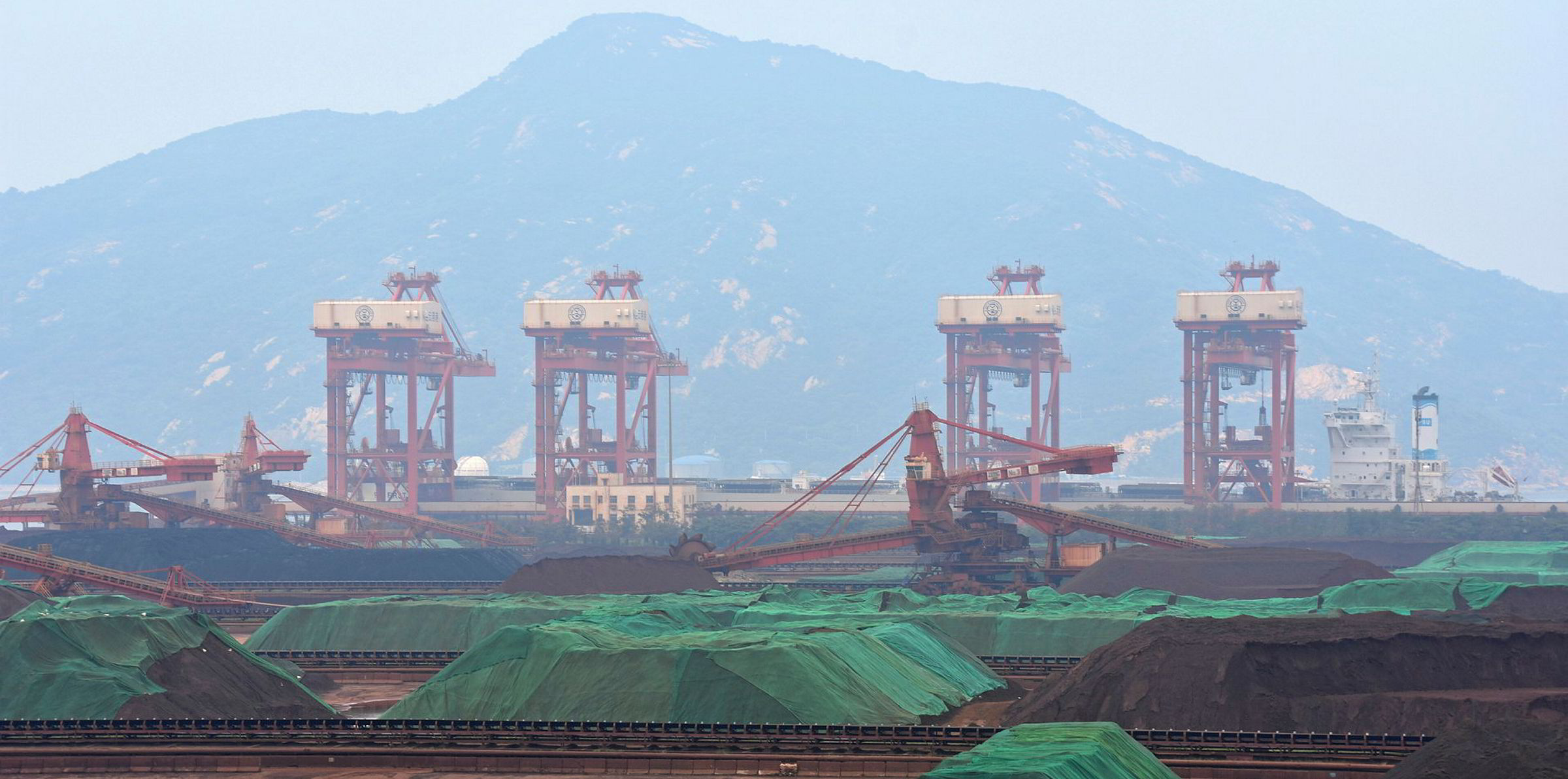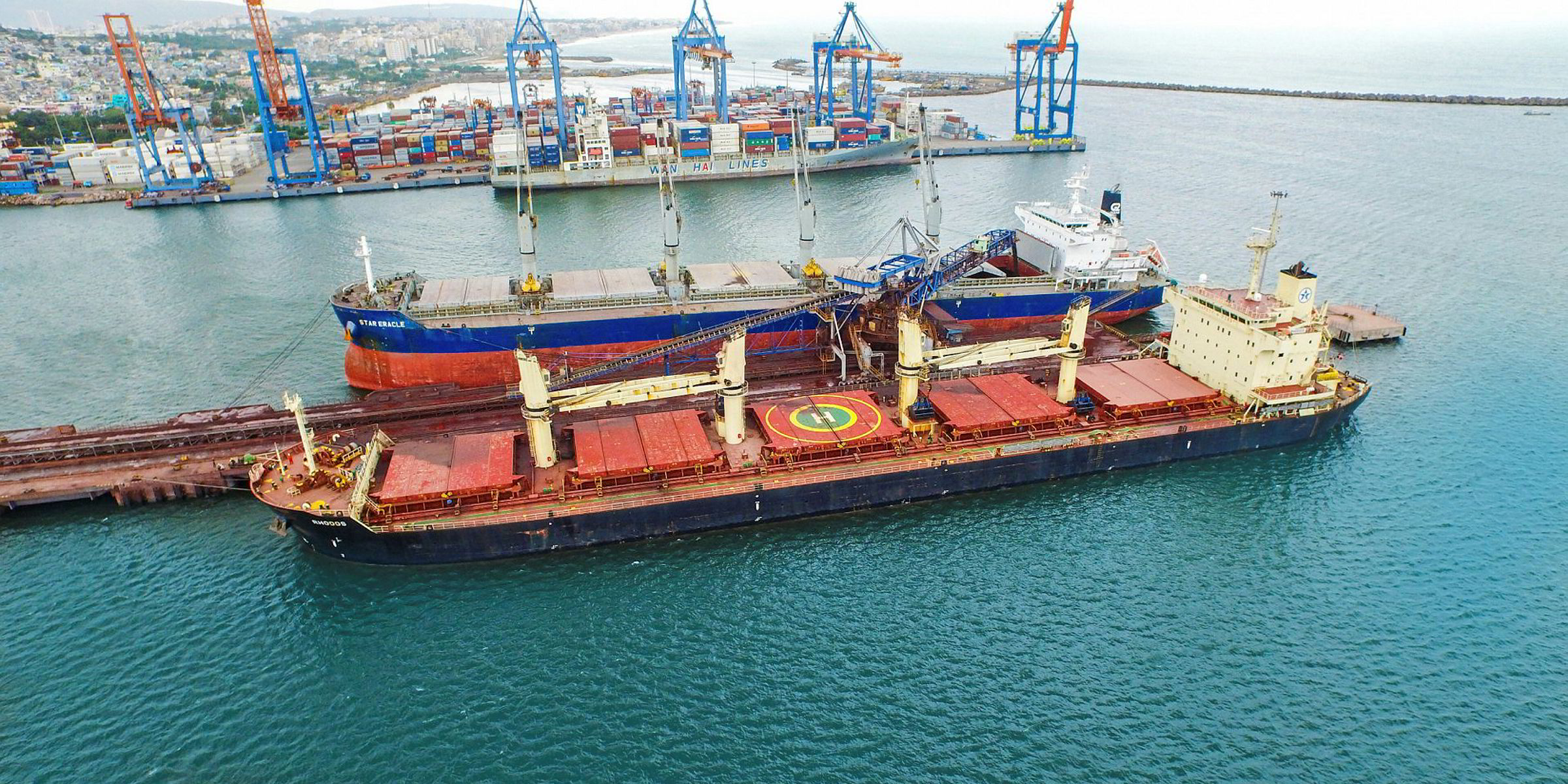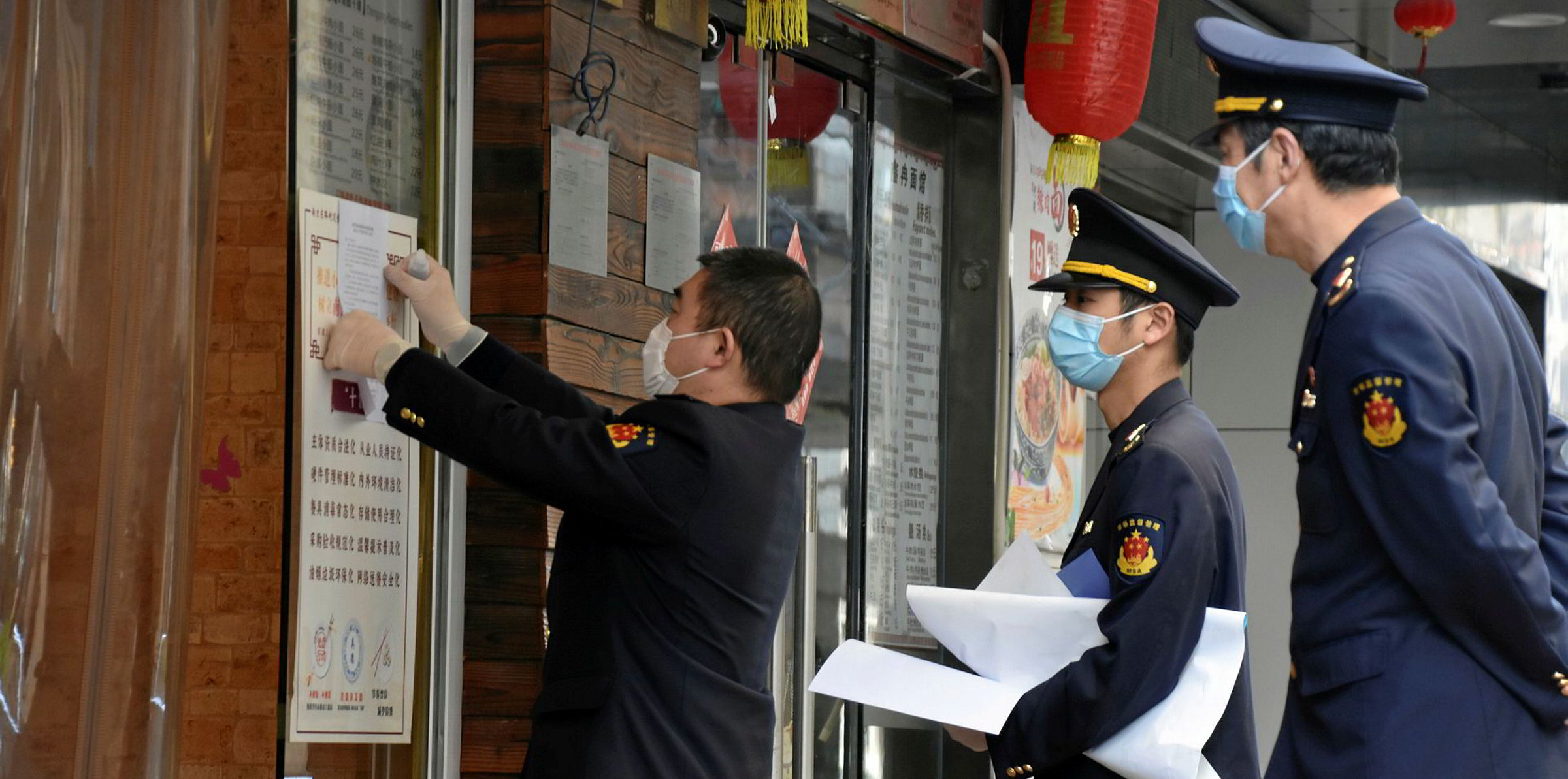Major disruptions are taking place at India’s dry-bulk and container ports as the country goes into full lockdown to prevent the spread of the Covid-19 coronavirus.
Indian shipping sources reported that major ports including Krishnapatnam, Gangavaram, Kakinada, Karaikal and Vizag have declared force majeure on all incoming dry bulk shipments, while several other privately-owned ports have shut down completely.
Prime Minister Narendra Modi ordered an immediate "complete" lockdown for India's population 1.3bn people on Tuesday in order to halt the spread of the Covid-19 coronavirus. The total ban on the population venturing out of their homes will last for a minimum of 21 days.
Only essential services such as water, electricity, health and safety remain operational. Ports and shipping services officially remain open as they are also considered an essential service, at least for now.
Port agency sources in India told TradeWinds that while the ports are open, operations have been severely disrupted by a lack of manpower to handle ships and cargo work.
The situation at the country’s tanker terminals is less badly affected, with operations continuing normally for now.
“When the lockdown was announced, many workers fled to their villages. Many others just have no way of coming to work,” said one agency source.
Also affecting port operations and disrupting cargo flows is the lack of hinterland connectivity, which is causing serious cargo bottlenecks within the ports.
A recent update released by Gulf Agency Company (GAC) gave some insights into problems being faced at individual ports.
In Vizag, India’s largest container port, crane operators were able to unload ships, but a shortage of truck drivers left cargoes piling up on the dock.
GAC expected that vessel discharging would soon be affected by the lack of cargo evacuation.
In Kolkota and Haldia, berthing and unberthing operations came to a standstill when pilots did not come to work after receiving government lockdown notices.
Confusion by local authorities in Mumbai led to vessels being issued with 14-day quarantine notices by some officials, while pilots reused to board vessels arriving from affected areas out of fear of catching the coronavirus.
Hefty demurrage bills expected as receivers declare force majeure
On the trading side, the problems at India’s ports are being compounded by cargo receivers declaring the force majeure on arriving coal cargoes, blaming the lockdown for their inability to take delivery of their cargo, commodities sources report.
Even prior to the lockdown being announced, Indian steel mills and automakers had been scaling back on production as workers rushed back to their hometowns in fear of the coronavirus outbreak in major cities.
India’s now closed steel mills are, together with power plants, the country’s largest importers of coking coal.
India imported 48.4m tonnes of coking coal in 2019, making it the world's second-largest buyer after China, which imported 74.6m tonnes, according to Argus Data.
Dry bulk shipbrokers in Singapore corroborated reports by port agents in India that there is already a growing backlog of bulk carriers anchored off Indian ports waiting for an opportunity to discharge their cargoes.
“The situation is changing rapidly. At this moment nobody knows what the outcome will be. I think I can say with certainty that there will be some hefty demurrage bills,” said one Singapore-based shipbroking source.
In February, several lawyers who specialise in maritime and trade law warned that coronavirus delays and cost implications would be substantial in situations such as what is playing out in India right now.
They advised traders to structure deals on a cost and freight (CNF) basis because as long as they were able to load the goods at the load port in accordance with their contract obligations, their buyers could not plead an inability to perform their end of the bargain by reason of force majeure.
"As a CNF seller, your sole obligation is to load the goods onto a vessel and deliver them. If the vessel has issued a notice of readiness to begin discharge, the clock starts ticking. If the receiver is unable to discharge the goods, then you are entitled to demurrage,” explained Sumeet Malhotra, a Singapore-based partner of Hill Dickinson, who specialises in international trade.
“While ports and governments are treating this as force majeure, it does not mean that your counterparties are excused of their obligations.”








